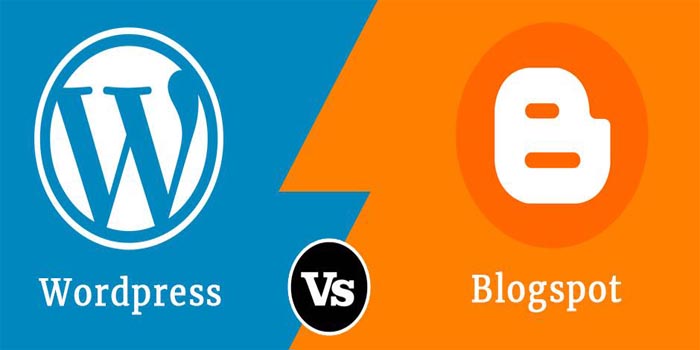Not a lot is known about the dark web and much of what we do know is rumours and conjecture. The media are fond of portraying it as the seedy underbelly of the online world — whilst this may be true, the dark web is also home to a variety of content, sites and forums that are perfectly legal.
The dark web has, in part, earned its reputation as a haven for cybercriminals and hackers. Users are completely anonymous, which makes it difficult for governmental agencies to track down criminal activity and means that people largely feel free to do and act as they please.
Is the dark web illegal? Technically no, however it is certainly home to illegal activity. You are advised to tread extremely carefully whilst in this section of the internet.
One thing is for sure — you don’t want your personal information to end up on the dark web, which is why it is extremely important to practise good internet security habits.
What is the dark web?
The internet is a far bigger place than what you might expect and whatsmore, it is constantly growing. Experts estimate that the internet doubles in size every two years which means there are billions and billions of pages available to explore.
What many people don’t understand is that the internet is actually made up of three separate places. There is the surface web, which is the browser that most people routinely access. The surface web consists of the search engines, social media forums, blogs and news sites that we visit on a daily basis. You are accessing the surface web right now in order to read this article.
Then there is the deep web. It is likely that you regularly utilise the deep web, even though you may never have heard of it. The deep web contains secure servers that are necessary to safeguard private data, for instance, you access the deep web when you log into your online banking accounts. Deep web sites are not indexed and so cannot be accessed via a regular search engine such as Google. They also contain any sites that are behind a paywall and require a subscription to access.
The last layer is the dark web. Like the deep web, the dark web cannot be accessed via a regular search engine. Users need to download a special browser, known as “TOR” (The Onion Router) and all websites are anonymously hosted. It is very difficult for government agencies and cybersecurity companies to track activity on the dark web, which makes it the perfect place for cybercriminals to meet and conduct illegal activity.
How does information end up on the dark web?
You may have heard of the term “data breach” but perhaps you don’t fully understand what it means, or the repercussions for an individual who has been a victim of this kind of attack.
A data breach occurs when personal information is accessed, disclosed without authorisation or is lost. In Australia, individuals must be told if the privacy of their personal information has been breached.
Data breaches can affect just one person, or they can occur on a mass scale. Cybercriminals may attempt to infiltrate a business’ security system in order to gain access to customer records that can include email addresses, login details, financial and medical information. If they are successful, this information will often end up on the dark web.
Cybercriminals can sell these details for considerable sums of money on dark web forums, leading hackers to gain access to an individual’s financial and personal accounts in order to wreak havoc and cause considerable distress.
Tips and tricks for internet security
Once your information is on the dark web, there’s very little that can be done to have it removed. There is no monitoring body of this section of the internet and governmental agencies have very little powers, as all sites are anonymously hosted.
This is why it is extremely important to implement a comprehensive online safety plan. Whilst data breaches are sometimes beyond your control, there are steps that you can take to safeguard your data and prevent personal information ending up in the hands of online criminals.
- Password security: Always use strong and secure passwords, and never use the same password for two separate accounts. Use a combination of uppercase and lowercase letters, numbers and special characters.
- Monitor financial activity: If your banking details do end up on the dark web and you notice unusual activity on your account, immediately contact your financial provider.
- Only use secure URLs: Check to make sure every website you are accessing begins with https:// and never enter your credit or debit card details on an unsecure server.
- Regularly check your credit report: Online criminals may attempt to open new banking accounts and credit cards in your name.
- Use high-quality online security software, including Dark Web Monitoring services.
Dark Web monitoring cannot prevent your information from ending up on the dark web, but is it an excellent tool which can alert you should your details be found. You can then take the appropriate steps (contacting your financial provider, reaching out to governmental authorities and changing account login details) to mitigate the damage.
We share our personal details online every day — it’s an unavoidable part of modern life. That doesn’t mean that we shouldn’t take every precaution possible to prevent our data ending up in the wrong hands. Be sure to stay educated and aware of the risks of the online world and do everything you can to ensure the safety and security of your personal information.




